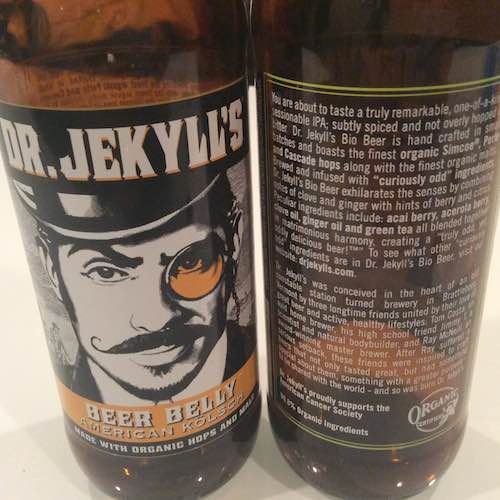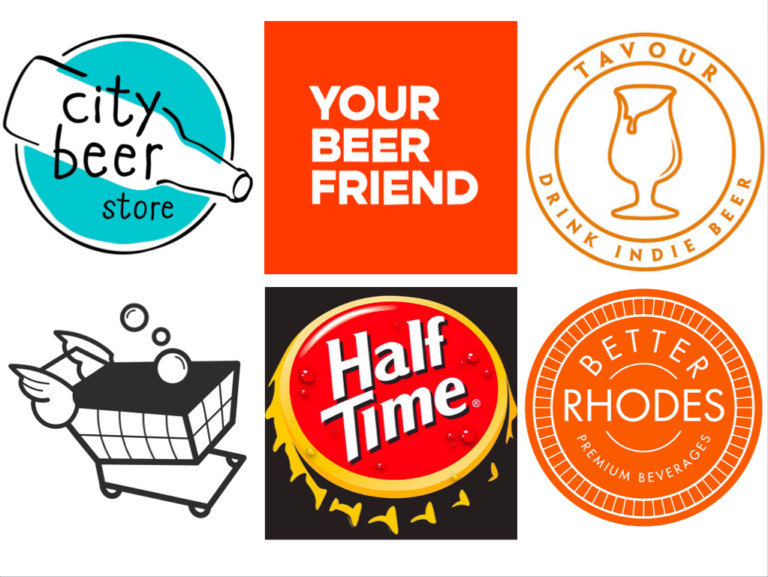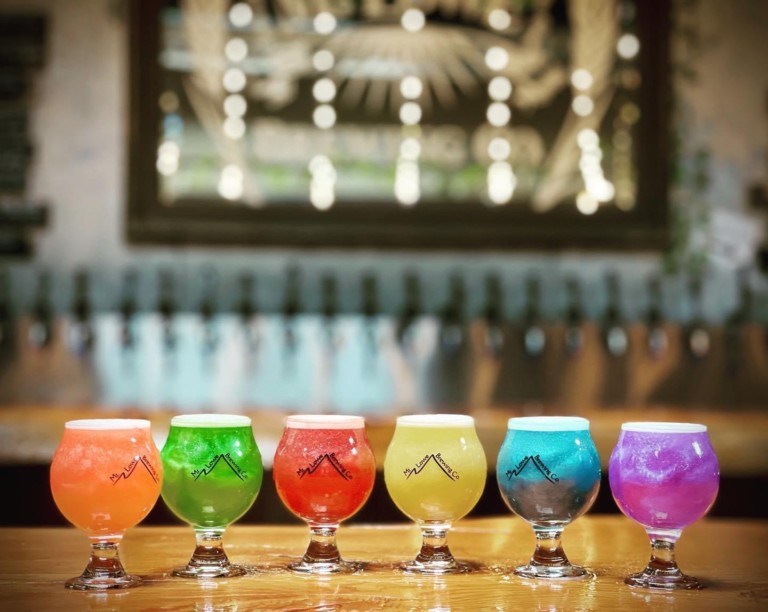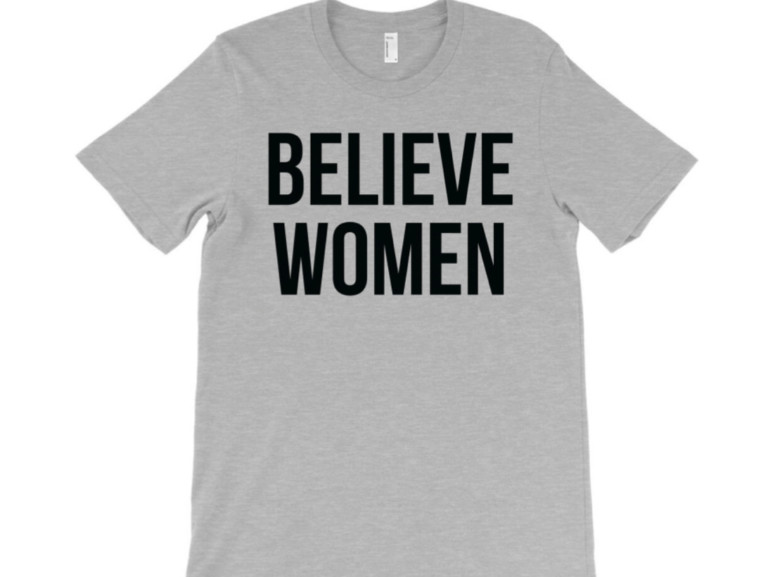You may have seen the dapper gentleman with the monocle on beer bottles when you have been doing your beer shopping. If you look closer, you would notice that this Altadena based brewery is doing something a little different. I e-mailed Dr. Jekyll’s Founder and CEO Tom Costa some questions to find out a little more about this new beer brand.
Sean Inman: To some Dr. Jekyll conveys gothic horror and not superfoods. How did the name and brand come about and will there be a Mr. Hyde beer?
Tom Costa: Dr. Jekyll is a mad scientist who creates potions and elixirs in his laboratory, one of which transforms him into Mr. Hyde, the evil side of himself. We chose the name Dr. Jekyll’s as what we are doing is creating unique beers by adding exotic superfood ingredients in such a way where they complement each other in synergistic ways, in aroma and flavor, and by adding overall wellness benefits. And yes, there will be a Mr. Hyde beer!
SI: Were superfoods always part of the brewing equation?
TC: I’ve been brewing for 25 years, but the basic idea of brewing with superfoods came from my High School best friend one day while we were drinking beer by the pool on the west side of L.A. He was an all-natural body builder, nutrition buff and scientist working at Glaxo SmithKlein at the time. Out of the blue, he looked over and said, “You know, everyone drinks beer, what if you could get an added benefit from it, like Vitamin Water?” I said, “Great idea, as long as it tasted good!” Years later when I moved back east for a bit, I started dabbling with the idea, literally being the mad scientist like Dr. Jekyll. My wife thought I was nuts and didn’t appreciate the constant mess in the kitchen. After some marginal but promising results, I presented the idea to my friend and brewing mentor Ray McNeill of McNeill’s Brewery in Brattleboro, Vermont. Ray’s a master brewer who has 15 international and domestic awards under his belt. He’s a traditionalist, but thought the idea was intriguing, so he came on board as our brewer. My family then moved back to L.A. and I took up where I left off, and started brewing out of my garage.
SI: How much trial and error was involved?
TC: A lot, from initially buying 10-20 growlers at a time from BJ’s and adding everything you could imagine to include ginkgo biloba, green tea, acai juice, marigold oil, turmeric, ginseng, garlic, just to name a few, to then brewing countless batches of beers each with a different line up of super foods. We quickly found out that no matter how aggressively you stirred flaxseed oil into beer, or any essential oil for that matter, it would not mix and just float to the surface, and it tasted terrible. So we teamed up with a biotechnology food and beverage company [Virun] to develop a proprietary brewing process using their patented nanoencapsulation technology which allows us to brew with ingredients that do not mix in water or alcohol. No other beer company can do this.
SI: Any horrible experiments gone awry?
TC: Many.
SI: The TTB is notoriously picky about labels . Were they any issues with making health claims?
TC: We virtually had no issue with the labels as we are not making health claims. Most consumers realize there are benefits to many of the foods they eat and drink. The superfoods we brew with are widely known to have certain benefits, just as hops are known to be medicinal and promote a strong immune system and the silicon in beer supports good bone density. It’s all out there in the public domain… on the web, in books, magazines, etc. Many consumers do scrutinize what’s in their food and drink, and they should, and they look for ingredients that are good for them to include products being organic and non GMO. We feel we are offering great tasting, high quality, superior products in every sense of the word. Ironically, what we are doing is as traditional as it gets, meaning even before the German Purity Law of 1516 (Reinheitsgebot) which states only hops, water, malt and yeast can be in beer, the Egyptians were putting all kinds of botanicals in their wine and beer, many for medicinal purposes. So when some say we are not traditional because we are brewing with “adjuncts,” in fact, we are. Besides, more and more folks are brewing with interesting ingredients, like juniper berries, basil, sage, habanero, peanut butter, Acai, many thanks to Dogfish Head Brewery for leading the way.
SI: Which of the three beers is selling the best so far?
TC: Beer Belly, our American Kölsch, is our main seller as it is a lighter beer that appeals to a broader consumer base. It is not a traditional dry Kölsch in that it is mildly sweeter and has a hint of grapefruit in the finish. We brew it similar to the Früh style of Kölsch. It won a Gold Medal at the Los Angeles International Beer Festival this year. Our spiced IPA, Bio Beer, which won a Silver Medal, does very well also, though if some are expecting a super hoppy, bitter and floral West Coast IPA, it is not. Though I’m a hop head myself (look for our Double IPA coming soon!), our sessionable spiced IPA with clove and ginger is a nice change. Beer Attack, our third beer we introduced in April, is an Irish Style Red Ale which is brewed with Scottish peated malt to add some smokiness which compliments notes of cinnamon and caramel. It’s a rich, creamy beer that has many fans. People also appreciate the fact that we donate 1% of proceeds to worthy charities. Each beer has its own specific charity. This has a very personal meaning to me as I explain on our website. I guess in summary, we like to think of Dr. Jekyll’s beer with super foods as “Beer that Benefits” as it benefits the body and soul by being organic and Non-GMO, society by giving back, and the environment by being organic, sustainable and earth friendly. It’s pretty simple. We just want to make great tasting, unique beers that people can feel good about drinking.
Impressions: I tasted the IPA and the Kolsch and found the latter to be too smothered in raspberry and spice notes for what the label calls an American Kolsch. There was a strange bitter note at the back end as well. The disparate ingredients like Acai, green coffee and grapefruit fiber may be healthy, but I don’t know if they add anything. The Bio-Beer IPA was more recognizable as an IPA but relied more on ginger than hops, to my liking. There are better examples of both styles in abundance. The question is if you want/need the quasi-health benefits hidden within in exchange.
The Beer of the Week is Oktoberfest from Ninkasi Brewing. In recent years, this Oregon brewery has started making a name with their lagers and not-so-hoppy offerings like their Czech Pilsner and their Luxe Helles. Now another malt driven offering is on shelves that will be perfect for the coming autumn season.
Your Homework is to be extra picky about beer festivals. I see press releases touting festivals with street fairs, festivals with music and even festivals with dumplings. If you dig deeper though, you will see that many of these events have no theme or don’t seem to be curated with care. Only promising unlimited pours with the same group of breweries, some food trucks and a stage for music. The better events will have an eclectic roster of beers, or will showcase a style of beer. You need not look further than the upcoming B.A.M. Fest for proof of what a strong craft beer festival should aspire to be.
Find more of Sean Inman’s writing on his blog, Beer Search Party.









Leave a Comment